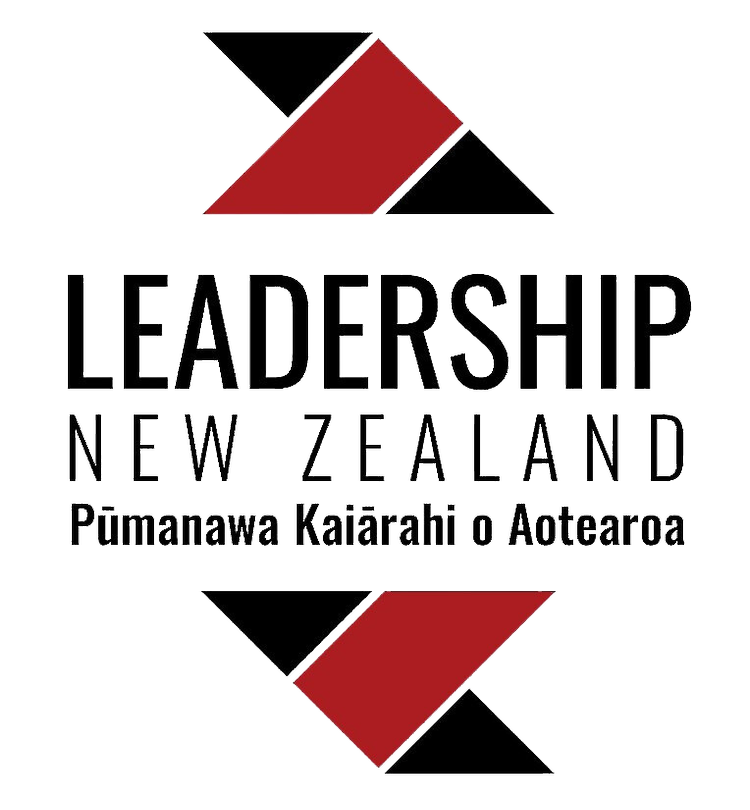Written by Vishal Ramduny, Waikato District Council
‘Our Environment Te Taiao’ was another enlightening and enriching retreat in the New Zealand Leadership programme. Not only did this retreat bring to the fore the importance of te ao Māori, and within this mātauranga Māori perspectives of environmental management, but it also emphasised the importance of each one of us to do our part as leaders to ensure that our environment is protected and rehabilitated.
The retreat’s beautiful and peaceful surroundings, at Flaxmill Bay in Te Tara-o-te-Ika a Māui, were the perfect setting to hear from the expert speakers and environmental practitioners on a) the challenges that needs to be addressed and b) on some of the amazing mahi that is being done to restore the natural ecosystem in this area.
Aotearoa New Zealand has a beautiful yet incredibly sensitive natural environment, whose biodiversity has been increasingly threatened due to human activity. Some of the key messages I took from the retreat were how we need to move from a ‘nature negative’ to a ‘nature positive’ position, and the immense value of using a te ao Māori systems thinking approach to do this. As Piet Tuinder, an NZLP Alumni, put it: “We cannot pour money into nature when we spend so much extracting from it.”
We also had a discussion on power and governance at this retreat (as a follow-up to a previous retreat on this subject). We were fortunate enough to have former Prime Minister Jim Bolger visit to give us a talk. Mr Bolger emphasised the importance of empathetic yet authentic leadership, and pointed out the virtues of leaders like Nelson Mandela and Mahatma Gandhi in this regard—both of whom had to overcome adversity in their respective countries to change the course of history. His sentiment that Aotearoa New Zealand should more closely identify with Asia and the Pacific rather than Europe was a no brainer for me.
Further key insights and ideas that arose in these discussions were the importance of re-imagining capitalism, the land re-settlement process in Aotearoa, the opportunity presented by a greater use of clean energy sources to create a greener economy, addressing food waste, and the attitudinal changes required in society for everyone to live in peace, and have the same opportunities, irrespective of ethnicity, colour or creed.
